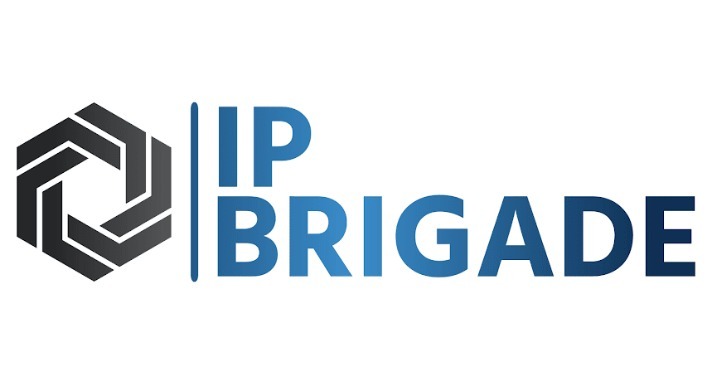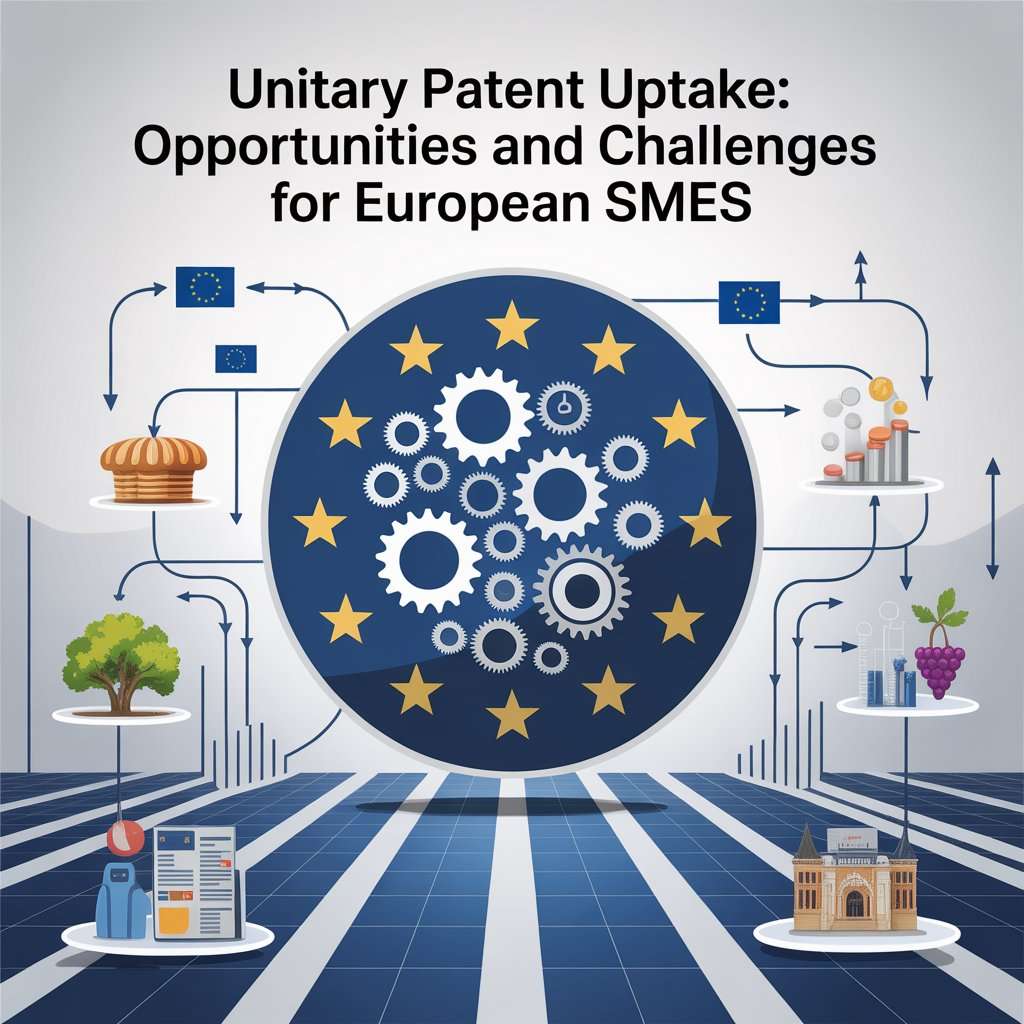In today’s hyper-competitive innovation economy, small and medium-sized enterprises (SMEs) are the lifeblood of Europe’s technological progress. Protecting their inventions efficiently and affordably is crucial—and that is precisely what the Unitary Patent for SMEs aims to achieve. Introduced by the European Patent Office (EPO) in June 2023, this system allows inventors to secure a single patent that provides uniform protection across multiple EU Member States.
As the uptake of the Unitary Patent accelerates, European innovators are finding new ways to streamline costs, expand market access, and strengthen their intellectual property (IP) strategies. Yet, as with every major legal reform, the system presents both opportunities and challenges.
Understanding the Unitary Patent for SMEs
The Unitary Patent simplifies what was once a complex and fragmented patent-validation process. Traditionally, patent holders had to validate their European patents country by country—each with separate fees, translations, and local attorneys. Under the unitary system, one post-grant request at the EPO grants automatic coverage in 18 EU Member States, with more nations expected to join soon.
Key Features
- One patent, one renewal fee: Simplifies administration for SMEs.
- Unified protection: Enforcement handled centrally by the Unified Patent Court (UPC).
- Reduced translation burden: A single language filing with partial compensation for SMEs.
- Automatic expansion: New countries joining the system broaden protection instantly.
By consolidating legal coverage, the Unitary Patent gives small businesses a cost-effective route to Europe-wide protection.
The Rising Uptake Among European Innovators
Adoption of the Unitary Patent for SMEs has exceeded early expectations.
By mid-2024:
Over 27,000 Unitary Patents were registered, representing 24% of all EPO grants.
SMEs and universities accounted for over 55% of those filings.
Roughly two-thirds of all Unitary Patents are owned by European-based applicants.
These figures underscore how the Unitary Patent has rapidly become the preferred choice for organizations seeking efficient, pan-European IP protection.
Opportunities the Unitary Patent Offers to SMEs
1. Broader and Uniform Protection
With one filing, SMEs can secure consistent patent rights across multiple European jurisdictions. The Unitary Patent ensures uniform enforcement under the UPC, reducing the risk of conflicting national rulings and offering greater market stability.
2. Cost Efficiency
For startups and small firms, cost is a decisive factor. The Unitary Patent for SMEs drastically reduces translation and representation expenses, especially during the critical early years of commercialization. The EPO even provides a €500 lump-sum translation reimbursement to qualifying SMEs.
3. Centralized Management
Managing renewals and ownership records through a single system saves time and administrative effort. The Unitary Patent eliminates multiple national filings, enabling small businesses to focus more on innovation and less on bureaucracy.
4. Enhanced Investor Confidence
Investors value clarity and enforceability. With unified rights and transparent litigation rules, the Unitary Patent for SMEs increases confidence in a company’s IP portfolio—often translating into stronger valuations and funding potential.
Key Challenges for SMEs Under the Unitary System
Despite its advantages, the Unitary Patent for SMEs also introduces challenges that innovators must navigate carefully.
Fees and Translation Requirements
Although the translation rebate eases expenses, SMEs must still handle initial filing costs. Early-stage ventures with tight budgets may find the process demanding unless they plan strategically.
Litigation Risks
Centralized litigation before the UPC can streamline disputes but also raises the stakes—one court decision affects all participating countries. SMEs should evaluate whether to opt out temporarily until they gain familiarity with the system.
Limited Country Coverage
Currently, 18 EU states participate in the unitary system. Businesses operating in non-participating countries still need separate national validations. As more states ratify, the Unitary Patent will deliver even broader reach.
Procedural Complexity
Many SMEs lack in-house IP counsel. Understanding when and how to request unitary effect, manage renewals, or prepare for UPC procedures requires expert guidance. Partnering with experienced patent professionals ensures compliance and optimization.
Data Insights: How SMEs Are Using the System
Between 2023 and 2024, requests for unitary effect grew by more than 50%. Sectors leading adoption include information and communications technology, medical devices, and green-energy innovations. The Unitary Patent for SMEs particularly benefits digital startups that need fast, cost-efficient European protection for AI- and software-driven inventions.
Strategic Best Practices for SMEs
Conduct a Cost–Benefit Analysis: Compare Unitary and traditional validations based on target markets and revenue projections.
Leverage EPO Support Programs: Utilize compensation funds, training workshops, and PATLIB centers for filing assistance.
Plan Renewal and Enforcement Strategy Early: Align patent lifecycles with product development timelines to avoid unnecessary fees.
Seek Legal Guidance on UPC Litigation: Determine whether to opt in or out based on risk exposure and business goals.
Integrate IP into Business Strategy: The Unitary Patent for SMEs should complement funding, licensing, and expansion plans—not exist in isolation.
The Future Outlook for Unitary Patent Uptake
Momentum continues to grow. Romania joined the system in 2024, and at least five more EU states are expected to follow. Analysts predict overall uptake will climb to nearly 30% of EPO grants by 2026. With increased awareness campaigns, fee reductions, and improved translation tools, the Unitary Patent for SMEs will soon become the default route for pan-European patent protection.
How Professional IP Support Empowers SMEs
Navigating the complexities of the Unitary Patent requires both technical precision and legal expertise. Professional IP service providers like IP Brigade assist SMEs with:
Novelty and Patentability Searches to confirm an invention’s uniqueness.
Freedom-to-Operate Analyses to avoid infringement risks in multiple markets.
Patent Invalidity and Landscape Studies to identify competitive gaps.
Filing and Prosecution Support tailored to Unitary and national systems.
Such guidance ensures that the Unitary Patent for SMEs becomes a catalyst for sustainable growth rather than an administrative burden.
Conclusion: A New Era of European Innovation
The Unitary Patent for SMEs marks a turning point in Europe’s innovation landscape. By merging affordability, simplicity, and expansive legal protection, it empowers small businesses to compete globally while safeguarding their creativity.
However, success depends on preparation. SMEs must understand the legal nuances, align their filing strategies with commercial objectives, and seek expert IP advice to fully leverage the benefits of the Unitary Patent.
As Europe continues to harmonize its patent framework, this initiative stands as a beacon of opportunity—encouraging every inventor, entrepreneur, and startup to dream bigger, protect smarter, and innovate without borders.


